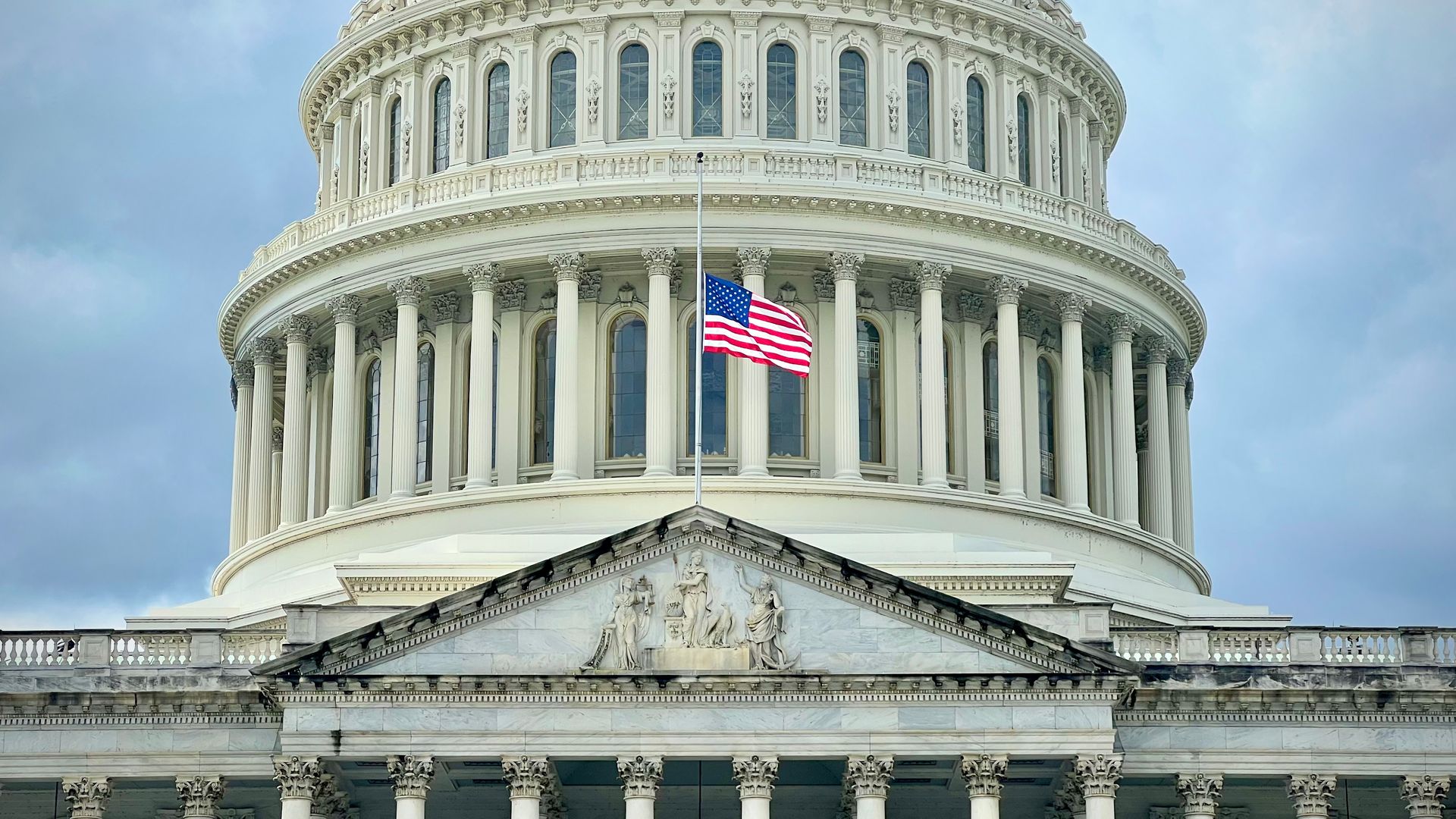
What to know:
- The Crypto Week in the U.S. House is gearing up for crucial votes this week, with the Clarity Act slated for a vote on Wednesday and the GENIUS Act expected on Thursday morning, as indicated by industry insiders.
- This congressional move marks a significant leap for cryptocurrency legislation as the sector gains more influence among lawmakers.
- If the GENIUS Act, which outlines regulations for stablecoins, passes, it may become the first pivotal crypto law in the U.S.
In a pivotal week for crypto regulation, the U.S. House of Representatives is poised to vote on two key pieces of legislation: the Clarity Act and the GENIUS Act, both set to shape the future of the digital currency industry.
The Clarity Act, designed to establish a regulatory framework for U.S. crypto activities, is expected to be put to a vote on Wednesday. Industry stakeholders are optimistic that this legislation will garner significant bipartisan support, as indicated by past voting patterns. The previous regulation effort, the Financial Innovation and Technology for the 21st Century Act, received backing from 71 Democrats when it passed last time.
Senator Tim Scott, who heads the Senate Banking Committee, has expressed that the Clarity Act will serve as a foundational template for the Senate’s approach. However, adjustments may be necessary as the Senate considers the complete landscape of legislative intent.
Meanwhile, Thursday’s anticipated vote on the GENIUS Act—intended to define guardrails for issuers of stablecoins such as Circle’s USDC and Tether’s USDT—is also generating excitement. This measure already secured substantial bipartisan support in the Senate, simplifying its path through the House.
The circumstances surrounding these votes signify a milestone for cryptocurrency regulation in Congress. Successfully passing the GENIUS Act would lead to a dedicated focus on establishing a comprehensive market structure moving forward. While optimism surrounds this effort, ongoing negotiations are expected between the House and Senate to finalize agreement.
Additional legislative activity includes a proposed bill to prevent the establishment of a central bank digital currency (CBDC), which some Republicans argue could undermine existing stablecoins and increase financial surveillance capabilities.
Overall, these legislative activities demonstrate a crucial juncture for the cryptocurrency market, where the U.S. House may soon solidify its commitment to establishing a regulatory framework to support the industry.


